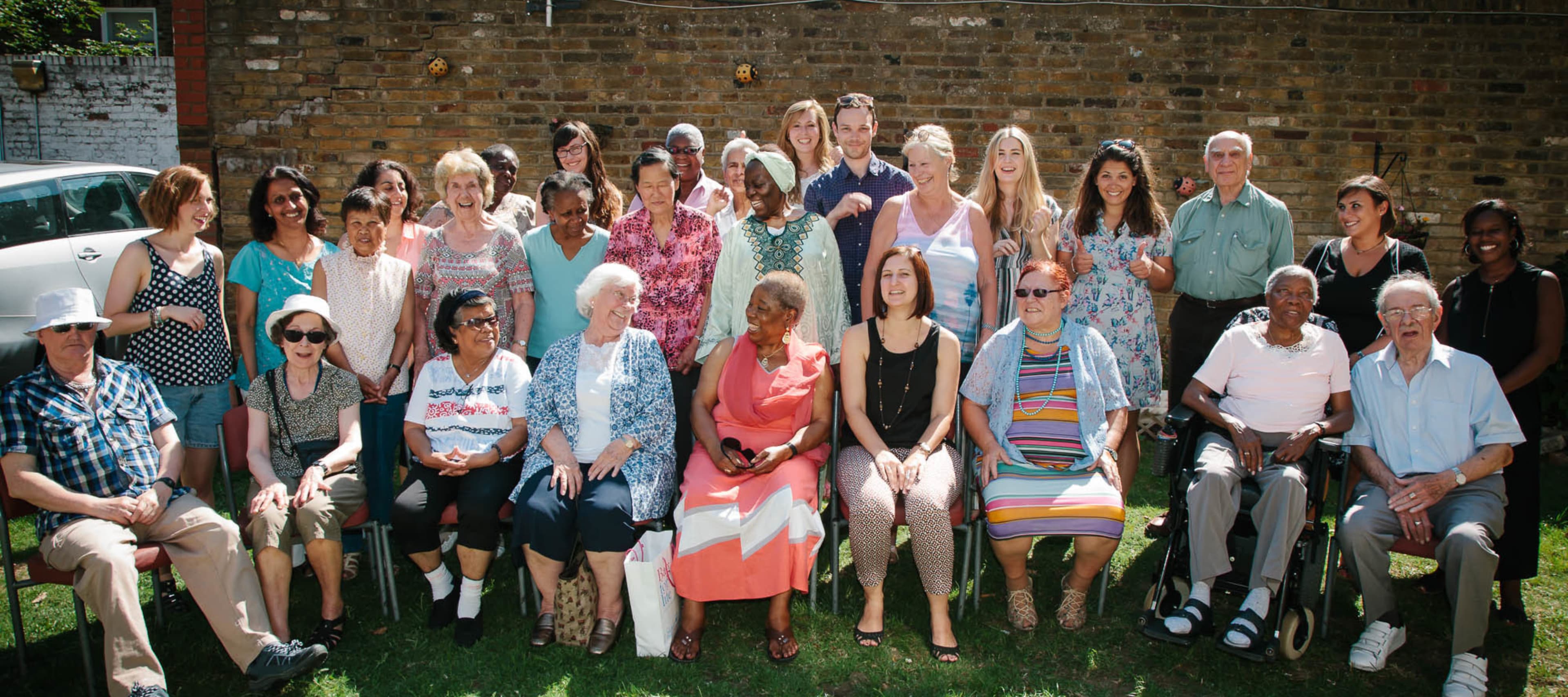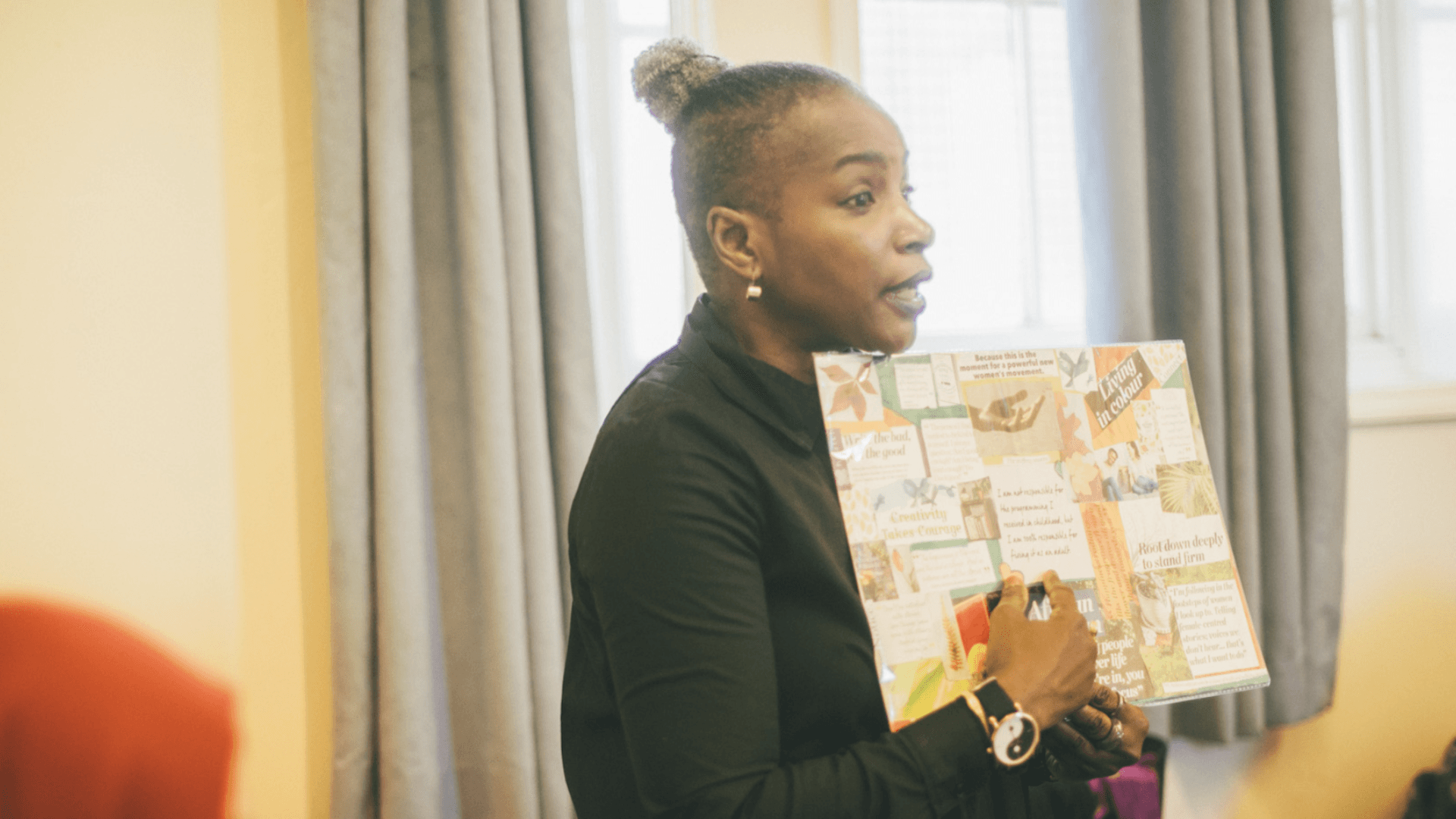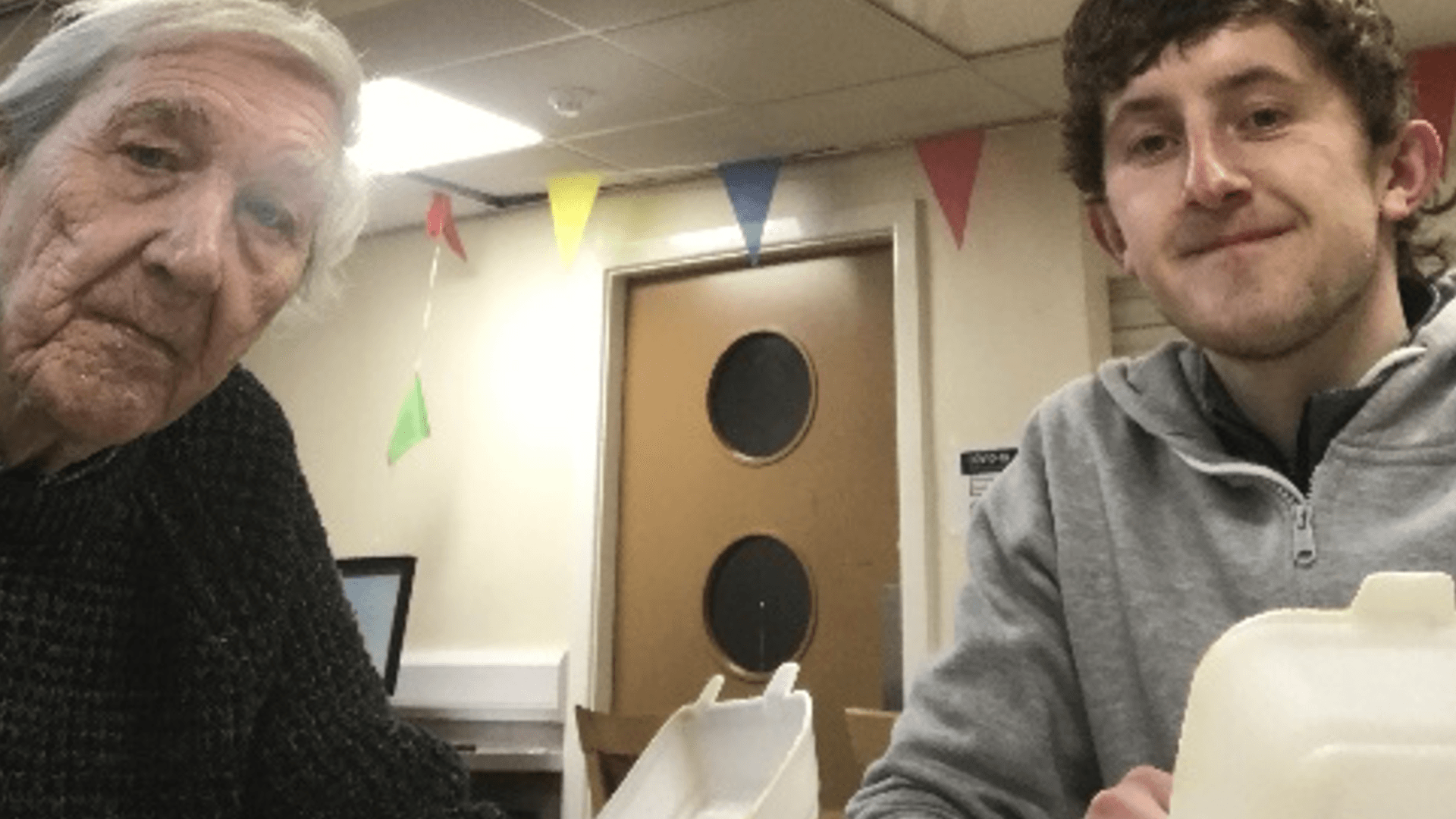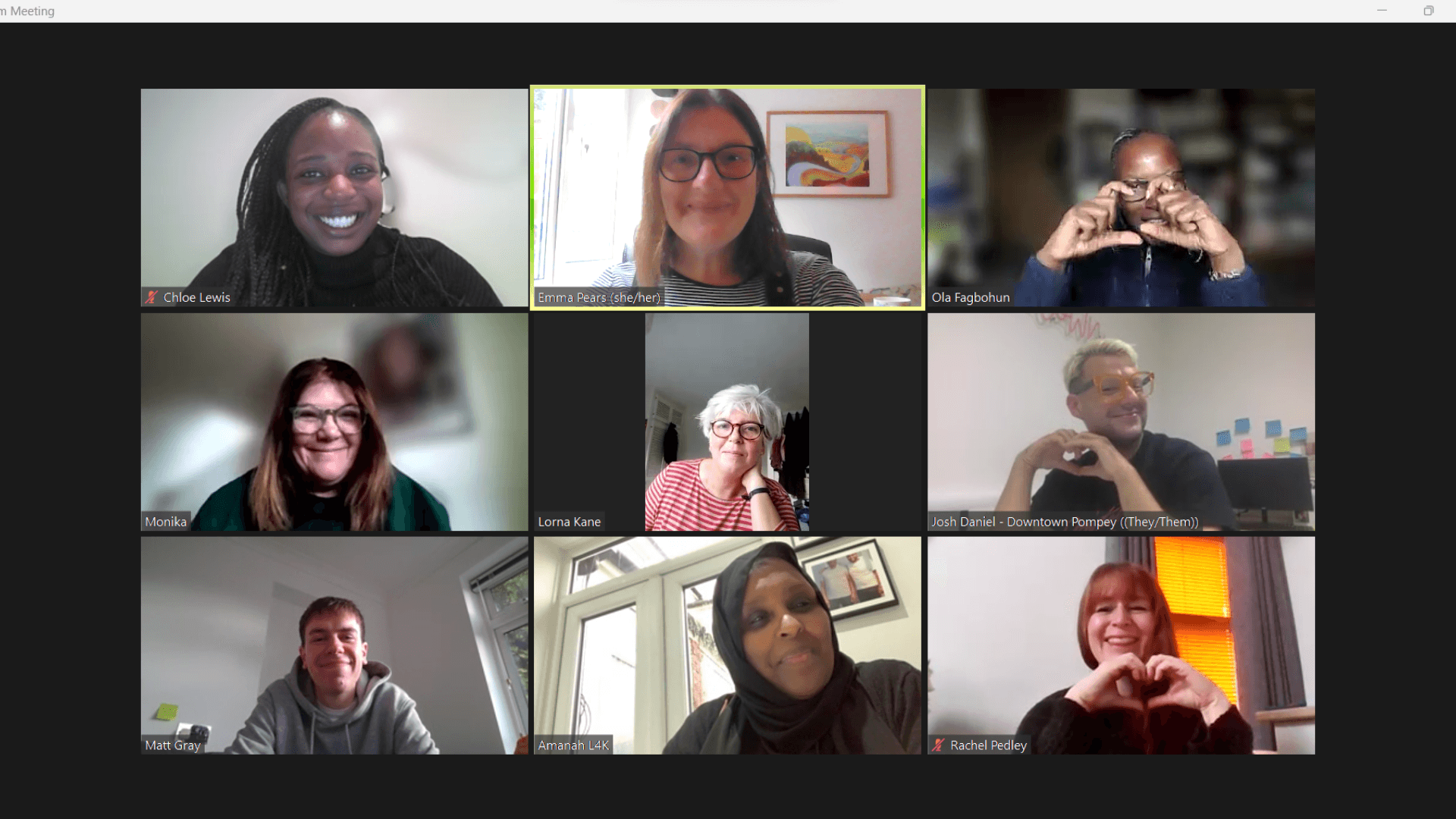
Our disconnection is a crisis – but there is hope
Posted by The Cares Family on 3rd June 2019
Please note: this post is 78 months old and The Cares Family is no longer operational. This post is shared for information only
By Alex Smith
Over the past decade, The Cares Family has been on an extraordinary journey. When I met my 84-year-old neighbour Fred, as a council candidate in 2010, I never anticipated what would happen next.
I didn’t expect that he would have the life story he did – one of entertainment, travel, glamour, business and connection. I never expected that through sharing his story with me, Fred and I would become friends – kindred spirits two generations apart and yet with so much in common.
And I certainly didn’t expect that, nine years later, his story – and our friendship – would have inspired 15,000 other older and younger neighbours to come together to share time, laughter, experiences and new relationships across the country, sparking a movement of people finding connection and community in a disconnected age.
Fred’s story, of course, is unique. Born in Scotland he travelled the world on cruise ships, performing cabaret before settling in London, playing the Palladium, and setting up one of Camden Town’s best loved shops. In spite of that lifetime of connection, Fred retired into isolation. When I met him, behind a closed door in Holloway, he hadn’t left his house and had barely spoken to anyone in three months.
But Fred’s story is in many ways also universal – a tale of love and loss, hope and heartbreak, mischief and misadventure. What I learned through our friendship is that, regardless of our time of life, or the contours of our living, we all want our short spell on this earth to mean something. And what I learned especially is that this meaning is all around us – in the form of community.
But community does not happen by accident. If we treat it with equanimity or passivity – if we do nothing to nurture it – it can tire and fray. That’s particularly the case in our modern age in which once familiar associations and identities are being challenged by a breakneck pace of change. Those once deep, lasting associations – to place, work and unions; to faith, fraternity, even nations – are being replaced by smaller, more transient, more temporary attachments.
Why does this matter? It matters because while three quarters of us believe that community is of fundamental importance to our individual and collective wellbeing, almost exactly the same proportion do not themselves participate. It matters because half of us don't have friends from a different ethnic group to our own, and we are less likely still to have friends in a different class.
It matters because while we are spending more time with our close friends and family than ever before, we are spending less time with our wider communities. Instead we are existing in filter bubbles, withdrawn from people who are not ‘like us’. This chips away at our empathy, entrenches vacuums of power and powerlessness, mainstreams othering, and drives polarisation and extremism. For that reason, isolation is more than a public health crisis. It’s a political crisis too.
But there is hope. Because if isolation and disconnection – from different communities, from the meaning of others’ lived experiences, and ultimately from our common humanity – is a gateway to so many social ills from addiction, to educational inequality to political extremism, so the solution is simple: strong relationships, community, empathy and trust across perceived lines of difference. The opposite of isolation, it turns out, is togetherness.
And there is hope in this pamphlet too – in the stories of action and how people are coming together in a time of confusion and change; in the inspiring voices of lived experience that in raising up are creating a more equitable future; and in the conviction that power can be shifted from those disconnecting systems and structures and towards people in communities.
For The Cares Family, surfacing more of these stories is just the start. In our work over nearly a decade, we’ve seen lives changed by the strength of relationships formed across three generations and across gaps of class and culture. Through those relationships, people have felt better connected to the past, present and future; better connected to the shifting world around them; part of something bigger than their own lives.
As we look to the future, we want to help put relationships at the heart of our national conversation and our national life – at the centre of how public services are delivered, how businesses operate, and how space and power are shared. To do that, we need to drive fundamental systems and culture change.
That will take time, but in the next decade The Cares Family will seek to spotlight action that’s bringing people together in communities all over the country; to amplify the voices that show why togetherness matters when others might want to drive people apart; and to shift power structures so that they enable, rather than suppress, connection and community.
Alex Smith is the Founder and CEO of The Cares Family – North London Cares, South London Cares, Manchester Cares, Liverpool Cares and East London Cares. In 2018 he became one of 20 inaugural Obama Fellows in recognition of his work building communities to reduce loneliness and polarisation.
This article is part of the pamphlet Finding connection in a disconnected age: stories of community in a time of change, published in partnership with Nesta.


